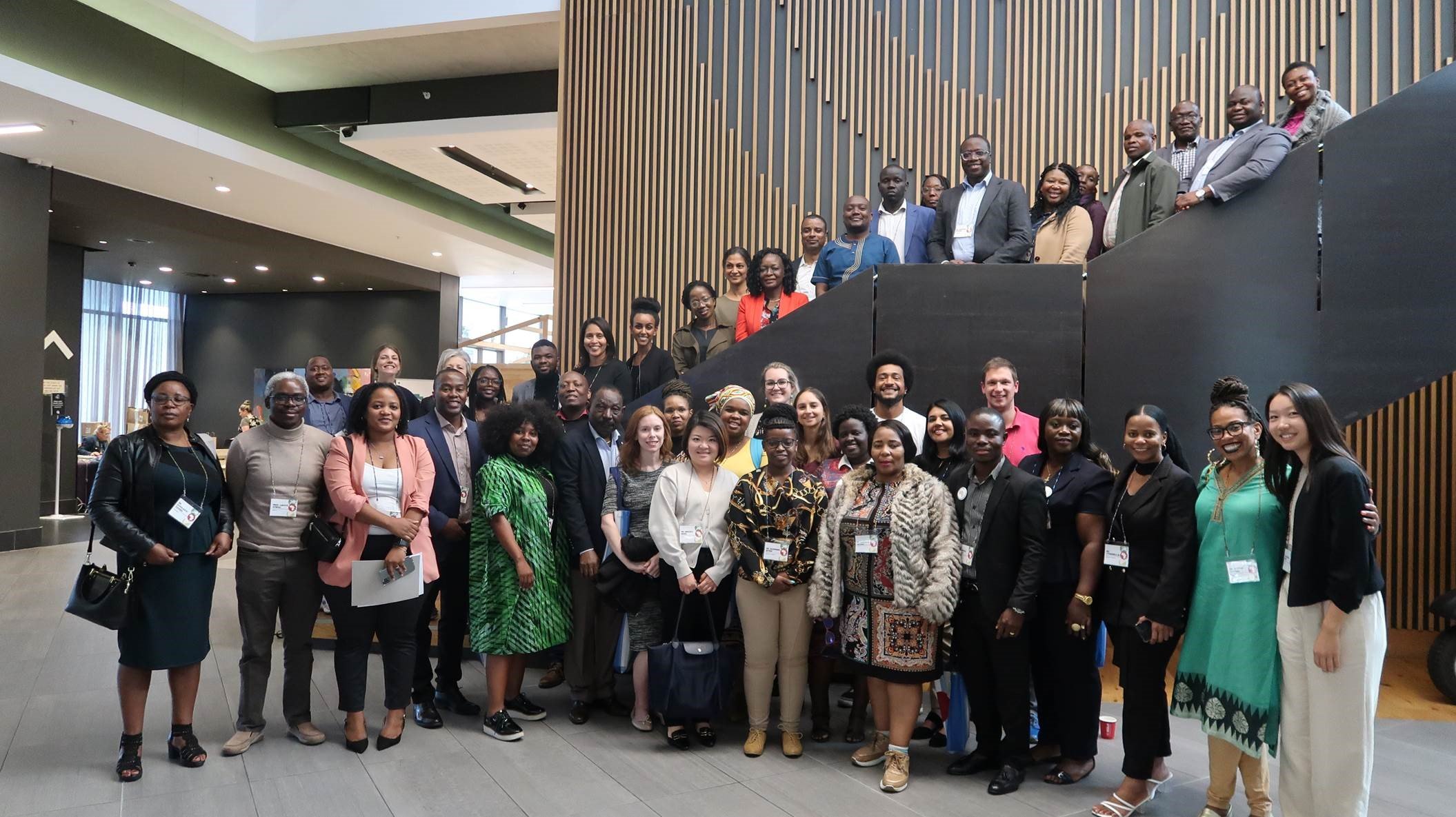
AGMHI Conference
The annual AGMHI conference is a unique in-person opportunity for participants to collaborate, exchange knowledge, and share innovative and sustainable practices that advance mental health care in Africa and the diaspora.
“In coming years, perhaps these deliberations will lead to new and important cross-national, cross-disciplinary projects designed to serve all people, everywhere. This meeting is one step toward achieving a worldwide organization of Black psychiatrists, which will allow participation with medical, governmental, and non-governmental agencies.”
- Dr. Chester M. Pierce, 2002
Join us at AGMHI 2024
This year’s conference aims to foster collaborations and catalyze solutions to improve mental health outcomes through innovations in research, training & education, clinical care delivery, and advocacy & policy. The program will include inspiring talks from mental health professionals as well as those advocating for mental health every single day.
Registration is open now until 30 September 2024.
Visit the conference website to register and learn more about this year's meeting.
Transcultural Conference
The AGMHI conference will precede the 2024 Transcultural Conference hosted by the Black Psychiatrists of America (BPA). Both conferences will take place in the same location to promote education, networking, and fellowship among people of African descent across the diaspora.

“The topics were engaging and informative. The size of the conference was also great because it allowed participants to network and develop meaningful connections.”
“I made multiple connections for different reasons. For personal development, sharing of interest, to link people I know to support they need.”
“I found most of the speakers very authentic, sharing a powerful message via their dedication and expertise to extrapolate to my work in mental health (i.e. a powerful global message with practical daily application).”

Past AGMHI Conferences
Browse the links below to learn more about the impact of past conferences run by the Africa Global Mental Health Institute.








